EastHUB was founded to connect the local community, arts and cultural organizations, businesses, and civic organizations to create an activated and exciting creative hub on the Eastside.
The Eastside is an economically, intellectually, and artistically diverse area. In the last five years, it has seen a construction boom like no other. Several multinational corporations and tech companies are making their presence felt here, bringing with them a huge workforce of smart and intelligent people from varied backgrounds and experiences, and drastically changing local population dynamics. Transit plans are in full swing, bringing more access and connectivity between the network of cities that encompass the Eastside.
Community Engagement
Many talented artists, performers, and organizations already exist on the Eastside. As the inevitable development growth progresses, we want to make sure the local arts and cultural scene doesn’t get displaced or overlooked. So how do we make sure that planners, builders, and governments also begin to reimagine what cultural gathering spaces might look like from an inclusivity and equitable development standpoint? How do we create spaces that will benefit and meet the needs of both the community as well as small businesses around these mega constructions? How do we work with the government to create proper pathways and incentives for developers to create these spaces? How do we take advantage of the transit connectivity to make sure people are able to travel to other areas on the Eastside and create meaningful and accessible arts and cultural experiences?
As a longtime resident of the Eastside, I personally have a vested interest in making sure that I keep loving the place where I live and work, where my children have safe spaces for creative expression, and where we all build deeper connections with communities other than our own. Most important of all, I want to make sure that I, and many others like me, are part of the conversations around access when cities begin to spend more funds and effort on developing our neighborhoods.
That is why engaging and listening to the community is the first and most vital step to make sure we actually build spaces that people will use. EastHUB understands and prioritizes this. We want to focus on addressing issues affecting racial equity, diversity, and access to the arts. We want to create space for conversations and debate, to ultimately create a shared re-imagining of what these spaces will look like. As EastHUB’s Founder and CEO Ray Cullom says, “We are not here to tell people what they what, we are here to understand what they need.”
Engaging the community in these early conversations leads to improved outcomes for everyone – be it developers looking for more foot traffic in their projects, adjacent small businesses that thrive on this foot traffic, or city governments trying to make sustainable decisions for their residents. Through these early conversations, the community itself becomes a vested and empowered partner that benefits from these inclusive, vibrant gathering spaces.
How do we create this shared reimagining?
To achieve these goals, EastHUB has adopted some unconventional guiding principles:
- The traditional nonprofit arts model will be reexamined with an antiracist and inclusive lens.
- Our leadership (board and staff) will center antiracism, inclusivity, and multiculturalism.
- Every operational policy, procedure, and practice will be reexamined from an antiracist and anti-oppression lens before being adopted.
- Building EastHUB’s arts and cultural spaces will be an act of love for communities that have been marginalized, targeted and oppressed.
We modeled our outreach around the principles of Consensus Organizing with a vision to build deep, lasting relationships and ongoing dialogue with the Eastside community and to develop strategic partnerships and facilitate tangible change for arts and culture.
We are in the process of hiring consensus organizers from diverse community groups, including Asian, Latinx, African-American, and Indigenous communities – organizers whose deep roots in their own communities and nuanced understand will ensure that these communities are part of the decisions and conversations that affect their neighborhoods. According to Nona Dhawan, our brand-new South Asian Organizer, “The diversity of people I have met, and now know, has informed my thinking on what is needed to create inclusive, cross-cultural spaces. I am excited to be a Consensus Organizer at EastHUB as it is a perfect opportunity to meet more people, build more relationships, be a part of a diverse community, and contribute to the creation of a culturally richer Eastside.”
This three-year process will also seek to identify existing partner organizations, examine the history of their efforts, their strengths and opportunities, and needs and gaps in services. We are deeply interested in talking to the cultural bearers and leaders in our community, who are integral players in transforming their knowledge and wisdom into a shared creative vision.
Where will this lead us?
Gathering insights with the support of the community and creating a strong data-backed solution that we can take to local governments, supporters, developers, and corporate partners will ultimately create sustainable pathways for cross-cultural conversation and access, reimagine programming during and after the COVID-19 pandemic, and revitalize arts and culture throughout the Eastside. Ultimately, we also hope that this will lead to the creation of equitable and accessible spaces for arts and culture where everyone from the Eastside and its neighboring communities can truly enjoy our rich cultural tapestry.


